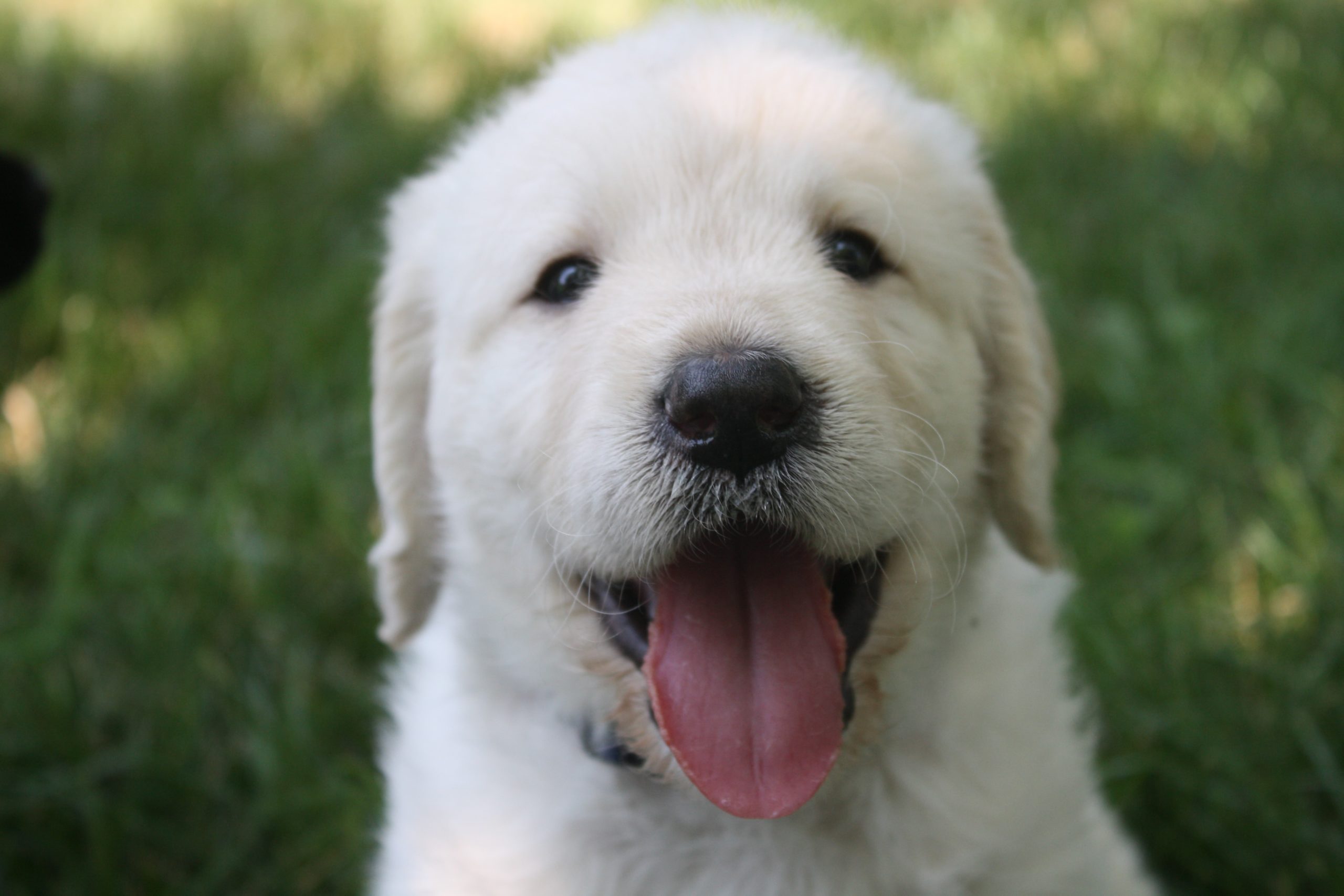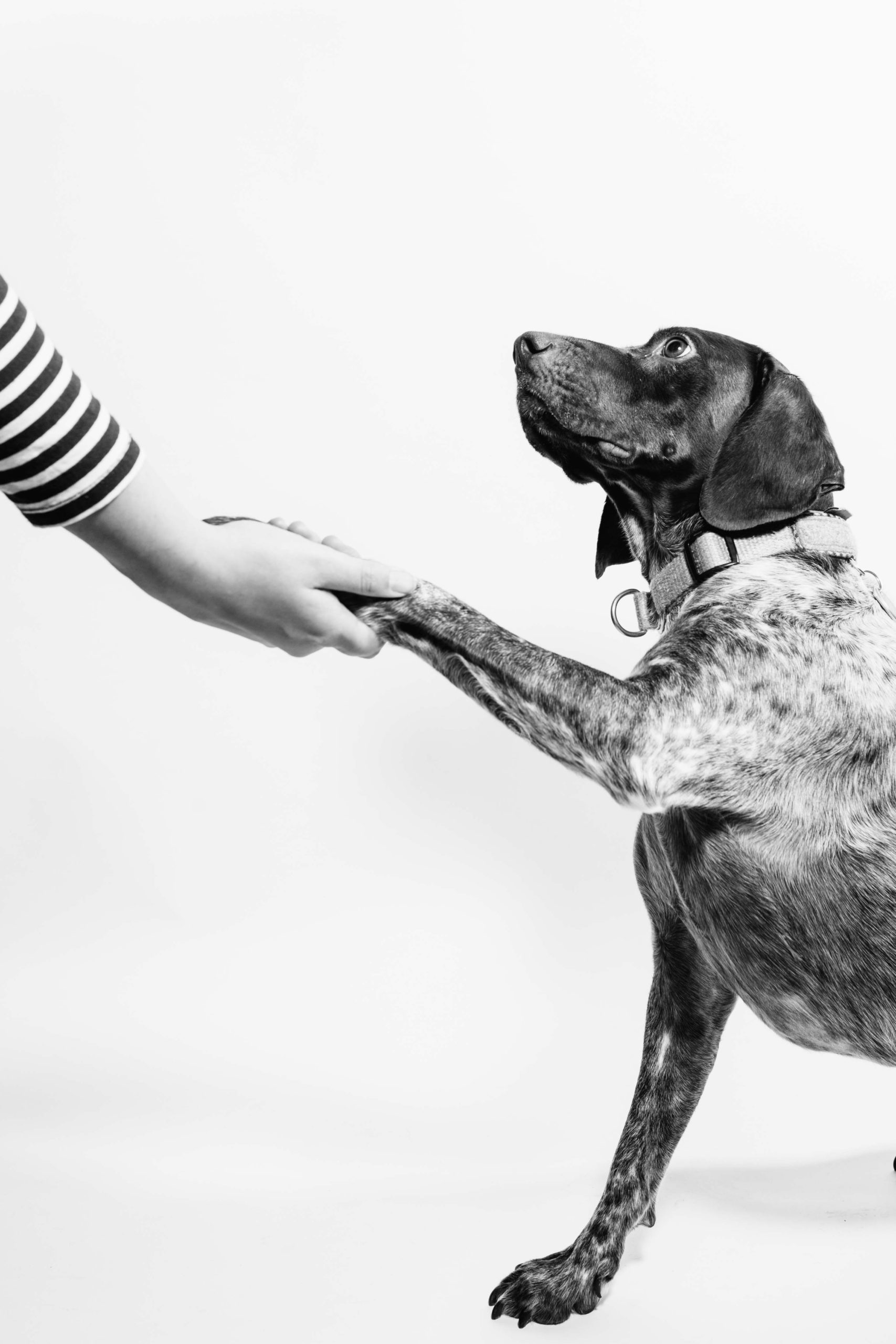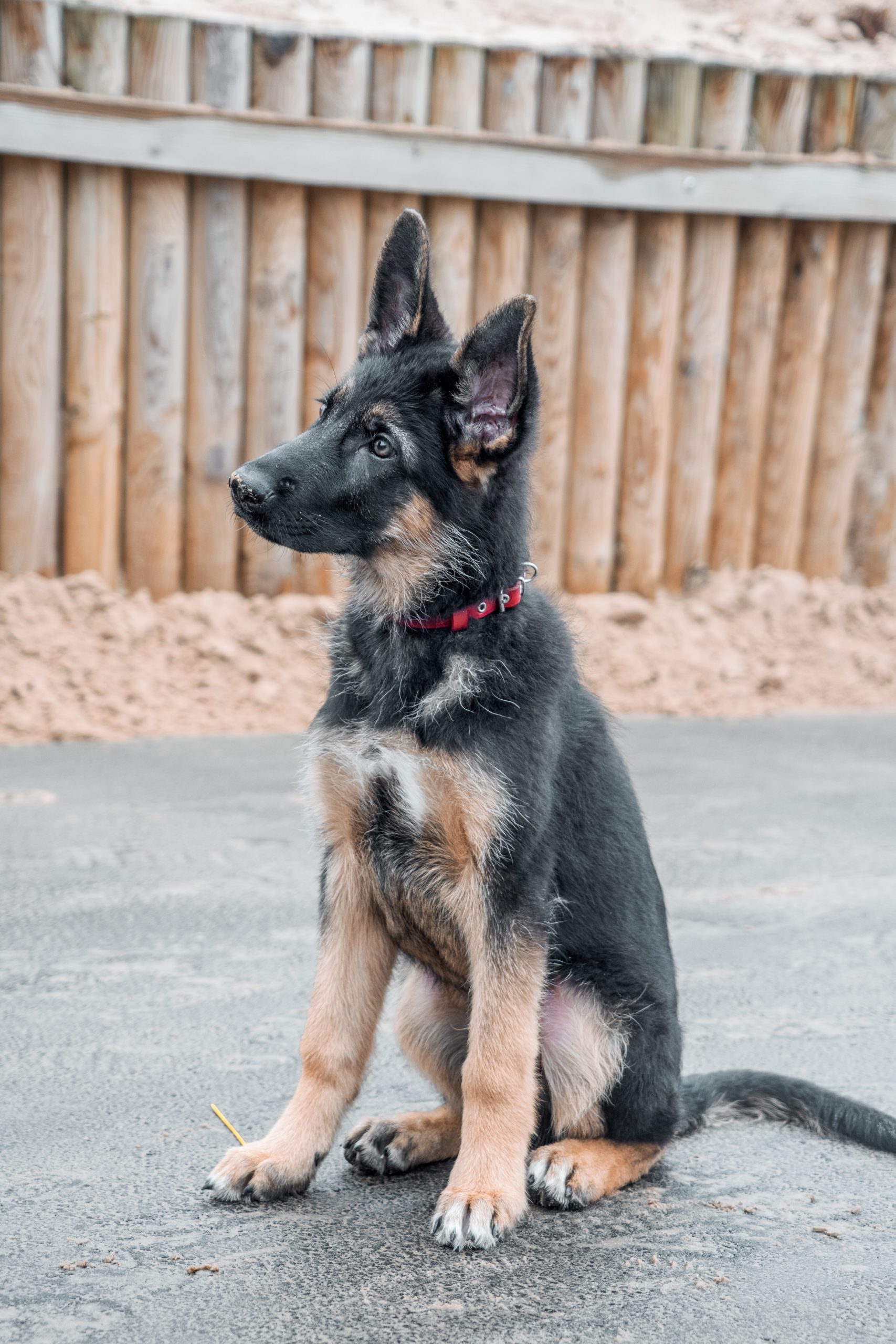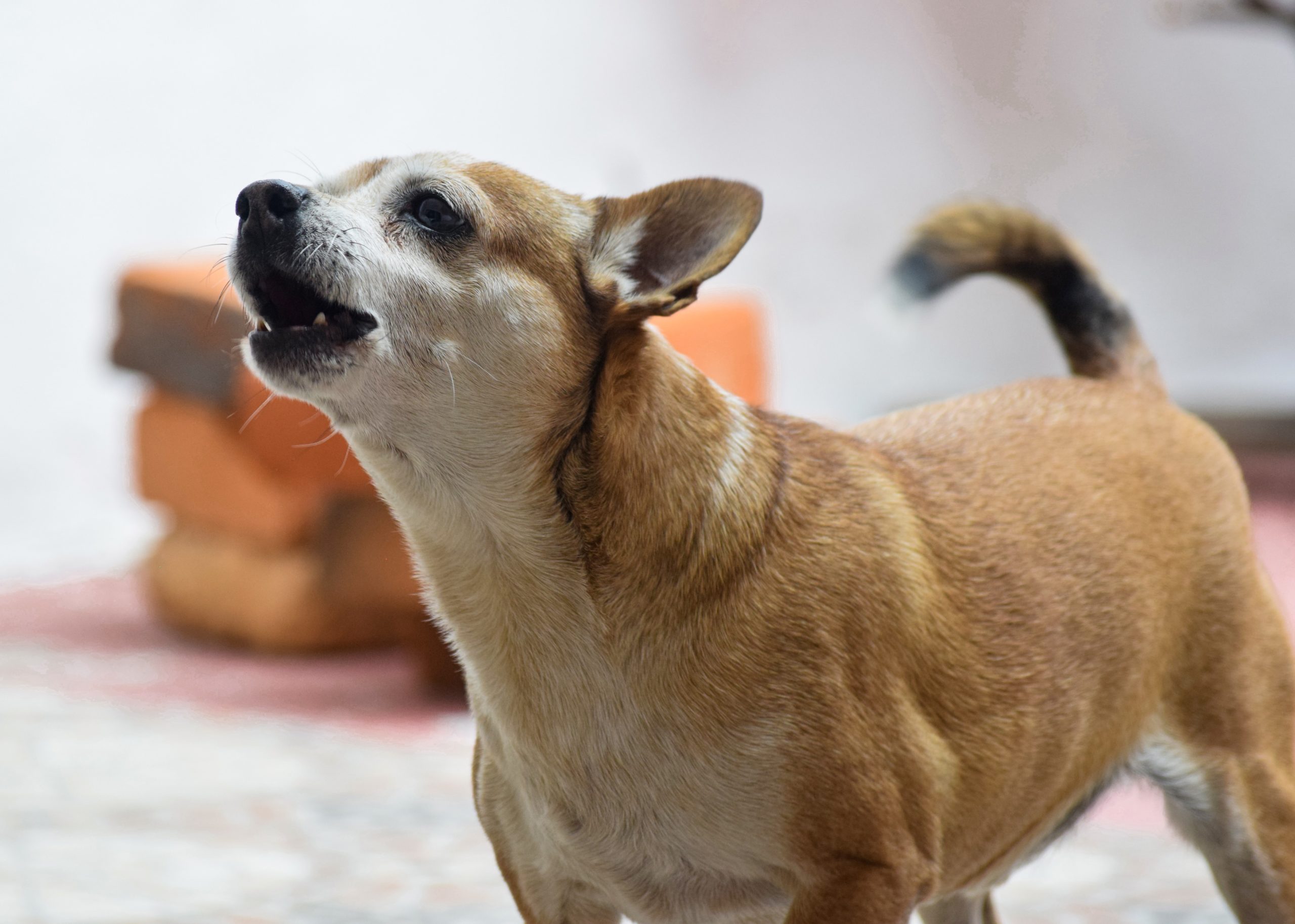Having a new puppy can be one of the most exciting experiences, but it can also bring along some unexpected challenges like puppy hiccups. If you are a first-time puppy owner, you might feel a little worried when your furry friend starts hiccuping. Puppy hiccups are common and, in most cases, do not need any medical intervention.
However, you might want to learn how to get rid of puppy hiccups to make your puppy feel more comfortable.
In this blog post, we will provide you with simple and effective ways to help ease your puppy’s hiccups. From tried and tested home remedies to when to seek veterinary help, we promise to provide you with all you need to know to get your puppy hiccup-free. Keep reading to find out more.
Understanding Puppy Hiccups
Puppy hiccups may seem like a minor issue, but they can be distressing for both the puppy and its owner. Understanding why this happens is the first step towards alleviating the hiccups.
Puppies are susceptible to hiccups due to their underdeveloped diaphragm and the excitement of growing up.
Hiccups are commonly caused by overeating, stress, or swallowing too much air, such as when drinking water too quickly or eating too fast. Home remedies such as massaging, burping, feeding, and offering water can help soothe the pup.
However, prevention is key to avoiding hiccups, such as by feeding smaller meals, slowing the pace of eating, and providing a calm environment. If the hiccups persist, consulting a veterinarian is recommended.
Causes of Puppy Hiccups
Puppy hiccups are caused by involuntary contractions in the diaphragm muscle, which can be triggered by eating too quickly, excited playing, or drinking water too fast.
Additionally, gastrointestinal issues, such as acid reflux or an upset stomach, can also contribute to hiccups in puppies. Encourage your puppy to eat more slowly, make sure they have access to plenty of water throughout the day, and provide them with a healthy diet.
If your puppy’s hiccups persist for an extended period of time, it may be time to seek professional veterinary help.
Home Remedies for Treating Puppy Hiccups:
Gently massage your puppy’s back, neck, and belly to calm them down. Next, try to burp them by placing gentle pressure on their chest while holding them upright on your lap.
Have they just eaten? If so, offer them some water to wash down any air that may be caught in their throat. You can also try feeding more slowly or in smaller portions and using a different brand of dog food.
Prevention is key to reducing hiccups. Make sure your puppy doesn’t eat or drink too fast, limit their exposure to respiratory irritants or toxins, and keep their stress levels low.
If you notice persistent or severe hiccups, or if they are accompanied by other symptoms such as vomiting, diarrhea, or coughing, seek veterinary attention as soon as possible
a. Massaging
Gently rub their tummy in a circular motion to help ease any digestive discomfort they may be experiencing.
b. Burping
Just like with babies, gently patting their back can help dislodge any trapped air that might be causing the hiccups.
c. Feeding
Small and frequent meals can help prevent hiccups from occurring, as well as reduce their frequency and intensity. But, make sure you avoid overfeeding your pup, as this can lead to digestive distress and more hiccups.
Another effective feeding strategy is to slow down your pup’s eating pace. You can use interactive feeders or puzzle toys to help prolong the feeding time and prevent gulping of air, which can trigger hiccups.
Furthermore, some experts suggest feeding your pup with hands to help promote bonding, as well as reduce stress and anxiety which are some of the common causes of hiccups in puppies.
d. Water
If your puppy is healthy and simply experiencing hiccups, try giving them a small amount of water to sip on. You can use a small bowl or even a syringe to administer the water. Make sure the water is at room temperature, as cold water can actually cause hiccups to worsen.
When to Seek Veterinary Help
Most cases are nothing to worry about. However, if your puppy’s hiccups are becoming more frequent or are lasting for longer periods, it may be time to consult a veterinarian.
In some cases, frequent hiccups could be a sign of an underlying health issue or respiratory problem, such as pneumonia or asthma. Your veterinarian may conduct an exam and run tests to determine any underlying causes.
If your puppy is experiencing other symptoms, such as vomiting or diarrhea, along with hiccups, it’s important to seek veterinary care immediately as these can be signs of a more serious condition.
As a pet owner, it’s always best to act on the side of caution and seek veterinary help if you have any concerns about your puppy’s health.
Conclusion
In conclusion, puppy hiccups may seem like a minor issue, but they can be uncomfortable and disruptive for your furry friend. Luckily, you now know several ways to help alleviate and prevent puppy hiccups. Feed your puppy slowly and avoid any vigorous activity after a meal.
Additionally, keep an eye on your pup’s stress levels and provide a calm and soothing environment. If your puppy’s hiccups persist or seem to be getting worse, don’t hesitate to consult with your veterinarian. With your love and care, your puppy will be hiccup-free and happy in no time.



